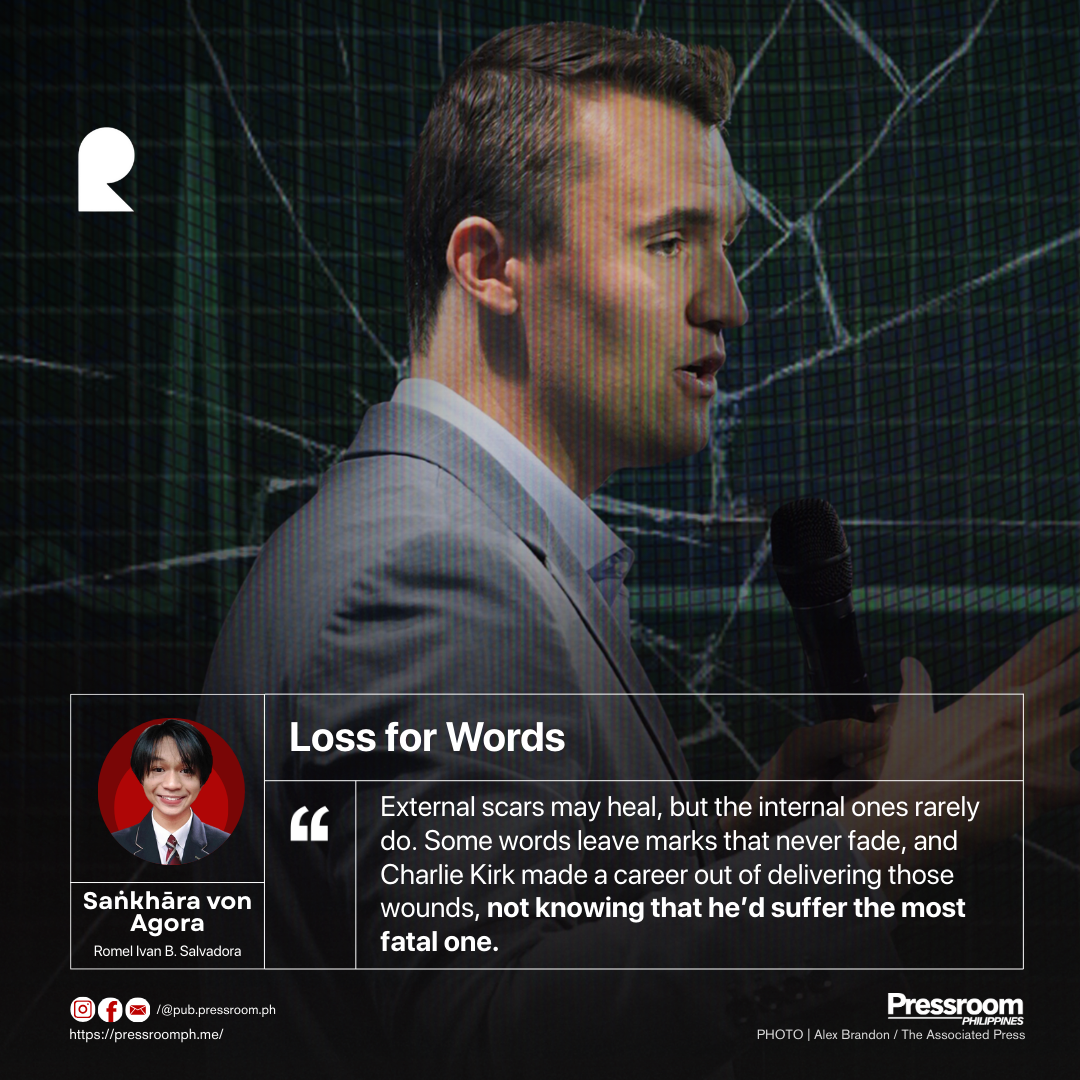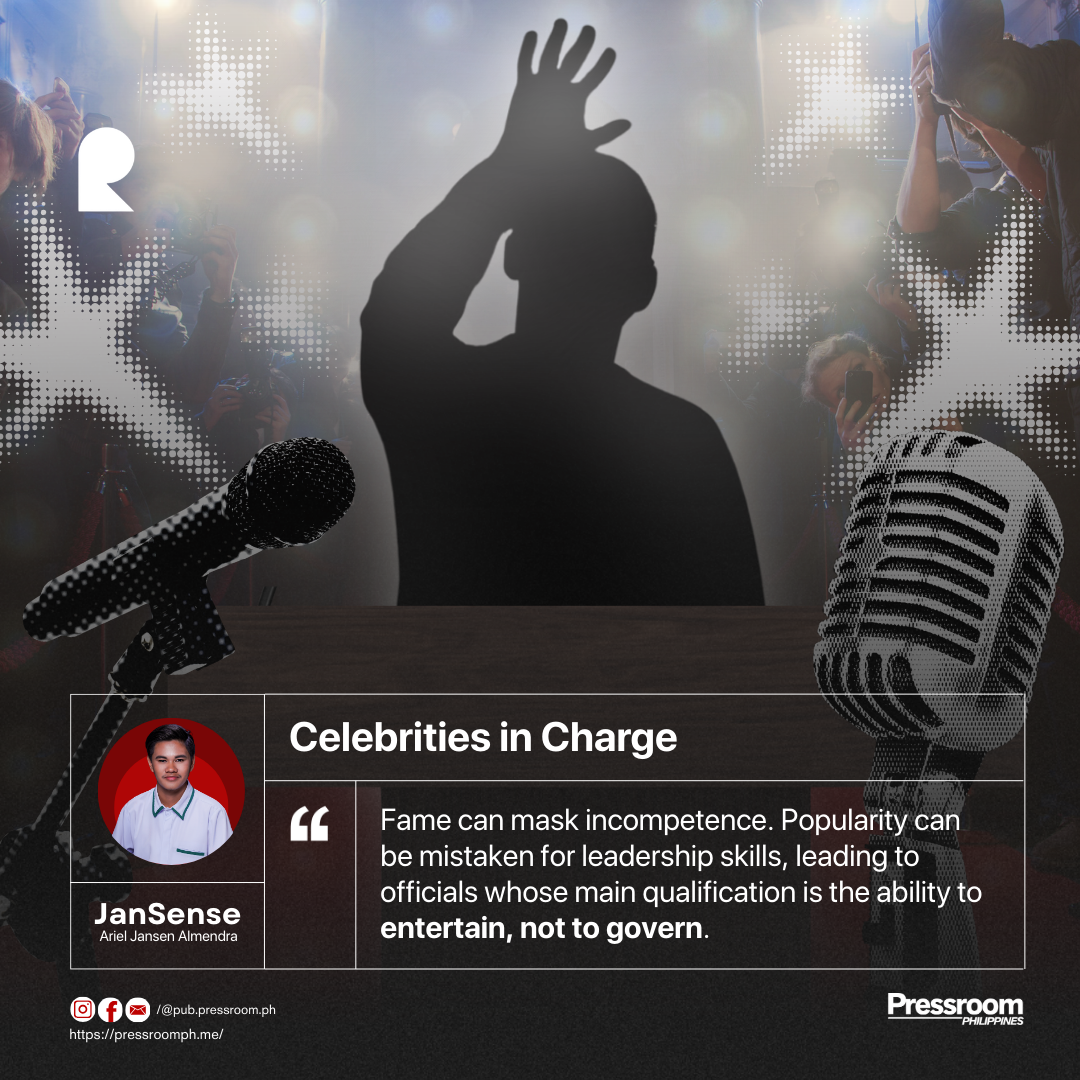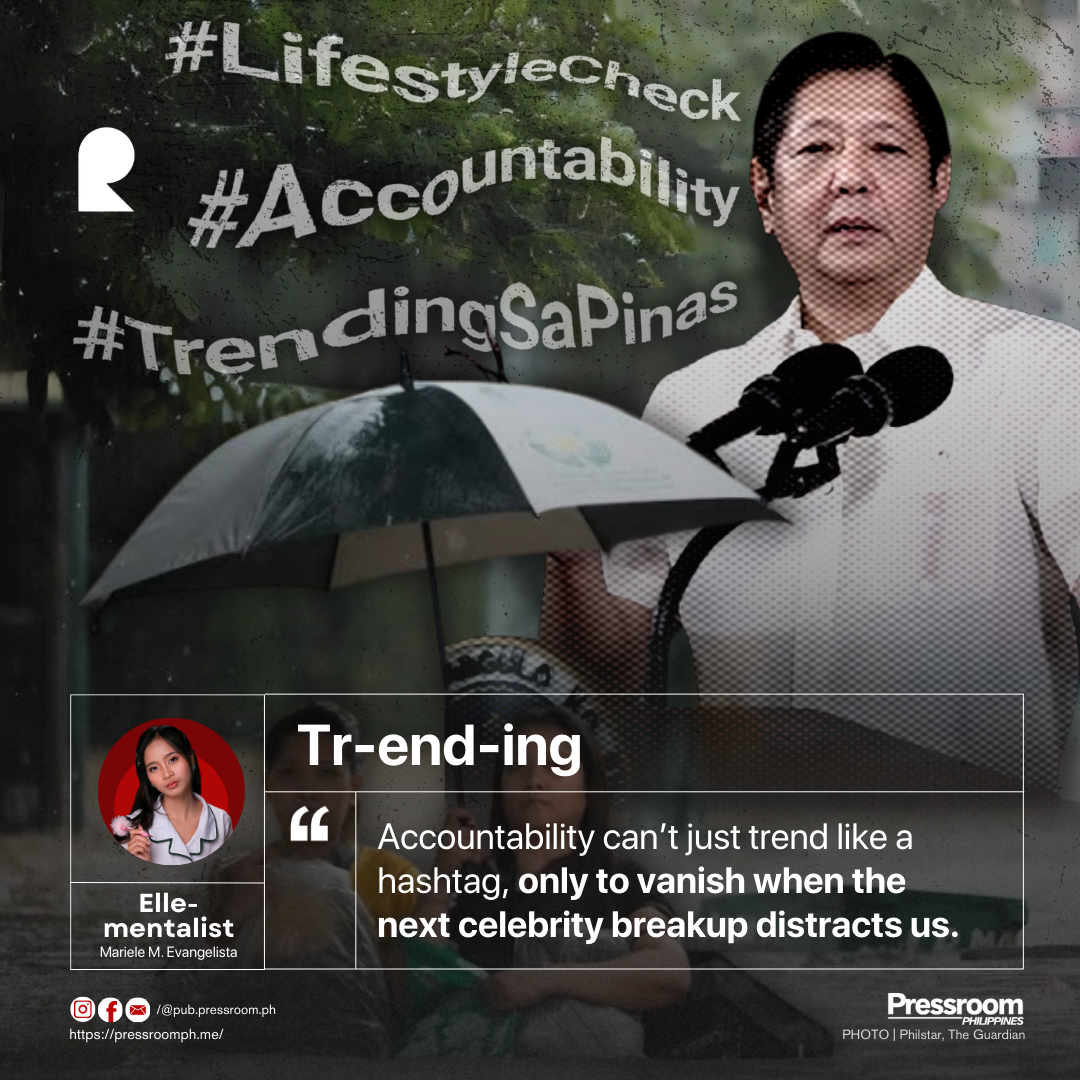Words truly cut deeper than any knife — sometimes they can be the bullet that ends your life.
External scars may heal, but the internal ones rarely do. Some words leave marks that never fade, and Charlie Kirk made a career out of delivering those wounds, not knowing that he’d suffer the most fatal one. He never realized that the gun, both literally and metaphorically, that he used to shoot bullets in the form of words and the very weapon he believed that could save lives, would one day be the one that killed him.
For years, Kirk built his fame on provoking entire groups of people. But when fame is a gun, and you pull the trigger blind, you don’t get to choose where the bullets land. Kirk pointed his blindly at strangers, immigrants, women, Muslims, and anyone outside his narrow circle of America. In the end, he took the hit himself.
Kirk’s fame was forged in the fires of provocation. With Turning Point USA (TPUSA), his "American Comeback Tour," and his massive podcast empire, he became the voice of a certain strain of conservative ideology, one that thrived on culture war rhetoric and confrontational politics. But in the end, it was not his political views that defined him—it was his ability to offend.
He mocked immigrants who don’t speak English, called Ilhan Omar a “sleeper cell,” and considered Muslims as imported dynamites waiting to be activated as terrorists. His words were just as divisive as they were corrosive. They weren't aimed at fostering understanding; they were intended to create oppositions and reactions.
At times, his provocations veered into dangerous territory. He rejected abortion even for child rape victims, once saying he would also hypothetically even force his own daughter to carry such a pregnancy. He accused Democrats of pushing the country toward "genocide" through their political strategy, invoking rhetoric that had historically been associated with the most grotesque forms of dehumanization.
In the same breath, he denied the reality of humanitarian crises, like those unfolding in Gaza, choosing clout over human compassion. His words were not arguments—they were grenades, lobbed into a society already fraught with division that he made worse.
At Texas A&M, former TPUSA members exposed group chats filled with Islamophobic, racist, and homophobic comments that were tied directly to Kirk’s movement. These revelations didn’t just highlight a pattern of hateful rhetoric within his organization—they were a glimpse into the undercurrent of vitriol that Kirk’s public persona had helped to normalize.
But what makes this story truly tragic—and truly ironic—is the way Kirk’s narrative came full circle. The very weapon he glorified in his speeches, the gun, came for him in the end. On September 10, 2025, Kirk was fatally shot during a speaking event at Utah Valley University. A man who spent his career championing guns as symbols of freedom died at the hands of one. The irony is impossible to ignore: the weapon he had spent years defending and idolizing became the very tool of his silencing.
The irony, however, is more than just about guns. It’s about the way Kirk used words as weapons—and how they, too, can turn against their user. For all the harm he inflicted on others, for all the lives his rhetoric scarred, we must ask: did he ever consider the long-term consequences of such divisive speech? Words can be bullets, but they are not always aimed with precision. When fired recklessly, they ricochet, striking unintended targets, often with devastating effects.
It’s essential to recognize that Kirk wasn’t an anomaly in a vacuum. His words were a reflection of broader cultural currents—cultural wars that have intensified in recent years, where outrage has become currency and every disagreement is framed as a war. In a media ecosystem that thrives on clicks, shares, and hot takes, Kirk’s divisive style was effective. He was a product of a moment in time when provocative speech, rather than thoughtful discourse, often garnered the most attention.
However, this doesn’t absolve him of responsibility. It is here that we must face the true cost of the rhetoric he peddled. Even after his death, extremist figures wasted no time turning him into a martyr, using his legacy to rally cries for civil war. This disturbing turn of events is a grim reminder that Kirk’s words didn’t fade when he did; instead, they fueled a cycle of violence, hatred, and division.
His rhetoric, like a virus, spread far beyond his immediate followers, continuing to stoke dangerous fires in the dark corners of the internet and beyond. His supporters didn’t just mourn him; they weaponized his legacy. This is the cruel twist: even in death, his words continue to fuel the fires of division.
But perhaps the most haunting aspect of Kirk’s legacy is this: while his words cut deep, they were not unique to him. They are everywhere. We all have the power to use words as weapons. Every social media post, every heated argument, every careless comment—we all have the potential to wound or to heal. The difference lies in intention. Will we choose to speak with empathy, to connect, to listen? Or will we follow the same path of easy provocation, seeing conflict as a way to assert power?
Kirk's death should serve as a warning: words are bullets, and we all carry a weapon. The question is, how will we use it?
To speak is to create. The words we choose can either build walls or bridges. They can isolate, dehumanize, and divide—but they can also connect, heal, and inspire. In a world where language is often weaponized, we must choose carefully. What we say matters, and how we say it matters even more.
This article may not give the answer whether Kirk deserved his death — but it makes clear why anyone could just as easily end up with a similar fate.
For those who still wield words like matches—be careful: the spark you strike today could ignite the fire that consumes you tomorrow. Because like Kirk, who treated words like bullets, he should’ve known both can kill.






